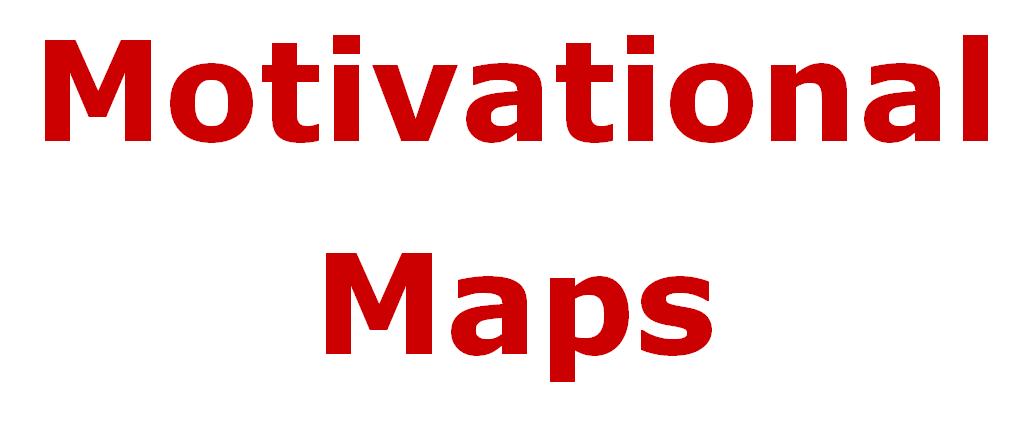Attended a stimulating fund-raising event at Berwin's, the law firm, in
London this evening. Its main purpose was to raise money for Breakthrough
Breast Cancer linked to a sponsored Sky Dive by one of my associates, Anne
Waldron. She completed the dive 12 days ago and has raised £20k+ so far -
impressive effort.
As a reward for donations, Anne put on an event for the coaching
community aimed at understanding what makes lawyers tick, what sets them apart
from the rest of humanity (her words not mine!), and how coaching works in that
context. With law firms undergoing a phenomenal rate of change - economic
trends, transition from partnerships to corporate models, mergers and new
competition (The Tesco Law) partners have less and less time to dedicate to
leadership development and mentoring - the very support they got on their own
way to becoming partners.
So avoiding boring you with any material about lawyers’ personalities -
apart from one great quote "they get attractive rewards but also can have
interesting lifestyles as well" - I will focus on a few key take-ways for
me from the session:
· Change happens at
the individual level in professional services organisations like law firms -
"light little fires across the organisation", "follow the energy"
· You build momentum
for change through one-on- one conversations
· Change is a long
term process and the vision should be applied consistently over an extended
period - one comment mentioned 7 years which does seem a bit long to me
· Decision-making in partnerships
is about building consensus and establishing buy-in - again this is best done
one-on-one
· Look to attach
business coaching processes to specific projects and client-facing activities.
This way business benefits and ROI on the coaching investment is more readily
visible and it moves coaching out of the HR, assessment, training and appraisal
box
· Learning and
development can become more of a client-facing related activity - more
knowledge management than HR
· What does coaching
mean to a firm:
o Awareness
o Board
o Change
o Development
o Enlightment
· …And for the
individual being coached:
o Achievement
o Build
o Confidence
o De-stress
o End - knowing when
to move on...
For more details on Anne's courageous effort please go to Virgin Money Giving
Thanks
Simon


